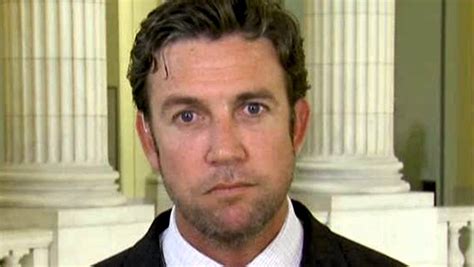A Quote by Kevin O'Leary
Once Michigan stood proud. In addition to GM, Ford and Chrysler, it was home base for the United Auto Workers, a powerful escalator transporting hundreds of thousands of blue-collar workers into America's middle class.
Related Quotes
Sadly, at Ford, General Motors, and Chrysler sales continually trend downward, manufacturing costs rise, and employment declines. As the result of the decrease in the number of cars produced by American manufacturers, membership in the United Auto Workers has dropped from a high of over 1.5 million thirty years ago to less than half a million today.
The job market of the future will consist of those jobs that robots cannot perform. Our blue-collar work is pattern recognition, making sense of what you see. Gardeners will still have jobs because every garden is different. The same goes for construction workers. The losers are white-collar workers, low-level accountants, brokers, and agents.
Blue collar workers cannot hire each other. White collar workers cannot hire each other. You have to have a businessman or a businesswomen, a business owner to hire you. And you cannot make the environment so unfriendly to them or so unprofitable or so burdensome that they go out of business,because if they go out of business, you are out of a job.
Advocacy groups like Families U.S.A. imagine that once Medicaid becomes a middle-class entitlement, political pressure from middle-class workers will force politicians to address these problems by funneling more taxpayer dollars into this flawed program. President Barack Obama's health plan follows this logic.
Through that organization [Community Service Organization], I met Cesar Chavez. We had this common interest about farm workers. We ultimately left CSO to start the National Farm Workers Organization, which became the United Farm Workers. I was very blessed to have learned some of the skills of basic grassroots organizing from Mr. Ross and then be able to put that into practice in both CSO and the United Farm Workers.
































